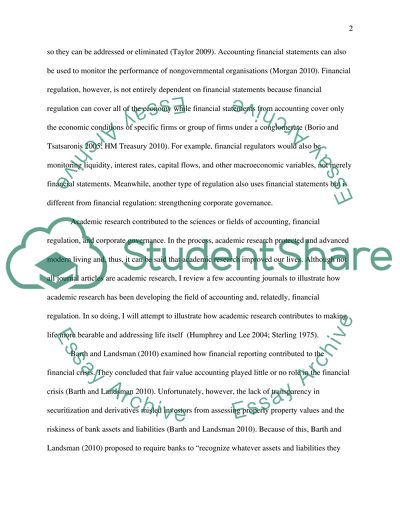Cite this document
(“Contemporary issues in accounting and finance:contribution of academic Essay”, n.d.)
Retrieved from https://studentshare.org/finance-accounting/1420962-contemporary-issues-in-accounting-and-financecontribution-of-academic-research-to-accountingfinancial-regulation-and-life
Retrieved from https://studentshare.org/finance-accounting/1420962-contemporary-issues-in-accounting-and-financecontribution-of-academic-research-to-accountingfinancial-regulation-and-life
(Contemporary Issues in Accounting and finance:Contribution of Academic Essay)
https://studentshare.org/finance-accounting/1420962-contemporary-issues-in-accounting-and-financecontribution-of-academic-research-to-accountingfinancial-regulation-and-life.
https://studentshare.org/finance-accounting/1420962-contemporary-issues-in-accounting-and-financecontribution-of-academic-research-to-accountingfinancial-regulation-and-life.
“Contemporary Issues in Accounting and finance:Contribution of Academic Essay”, n.d. https://studentshare.org/finance-accounting/1420962-contemporary-issues-in-accounting-and-financecontribution-of-academic-research-to-accountingfinancial-regulation-and-life.


